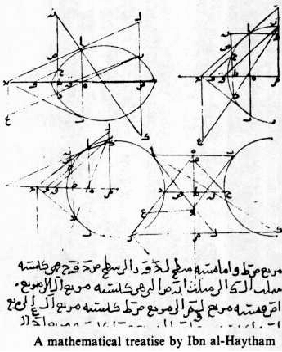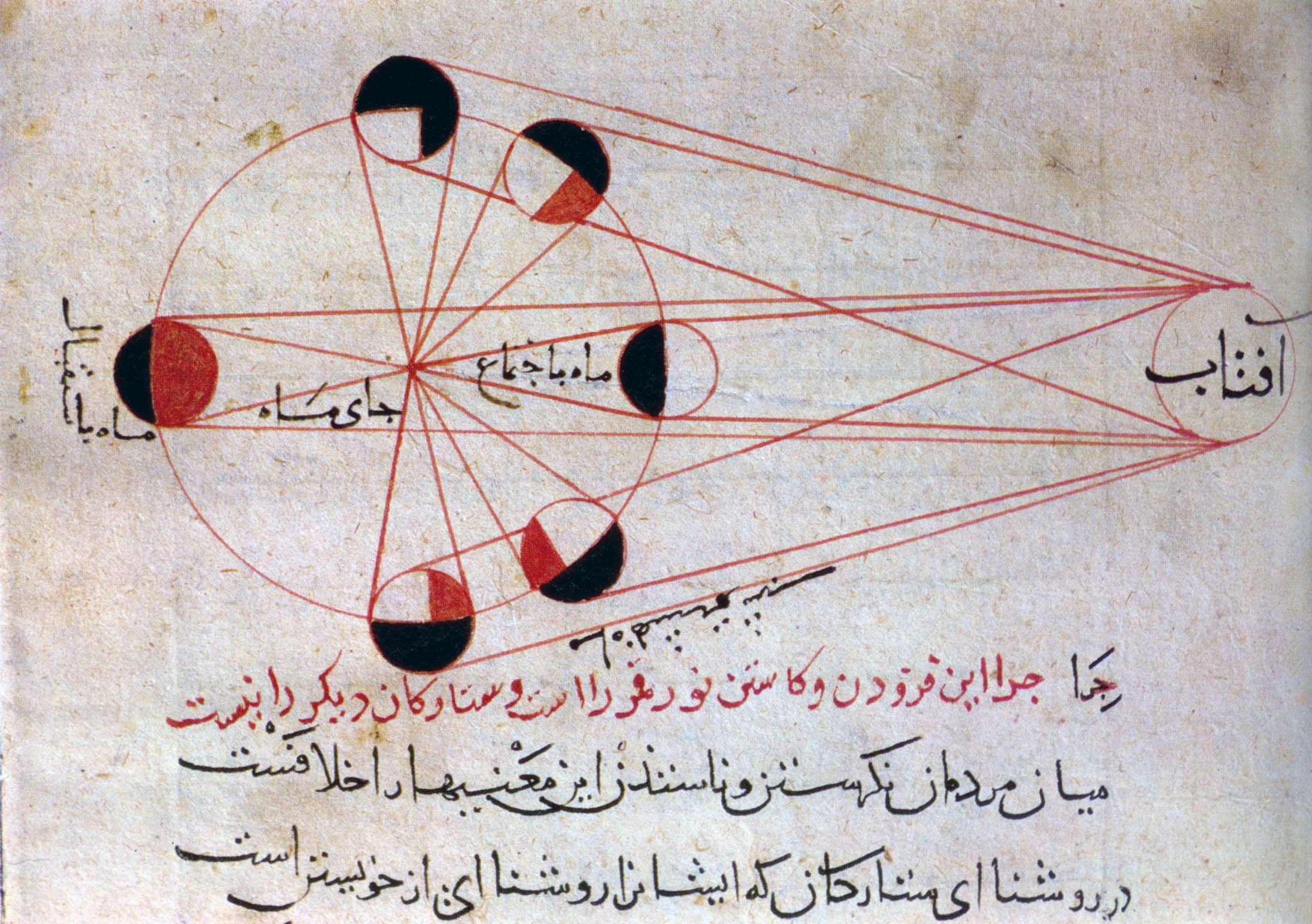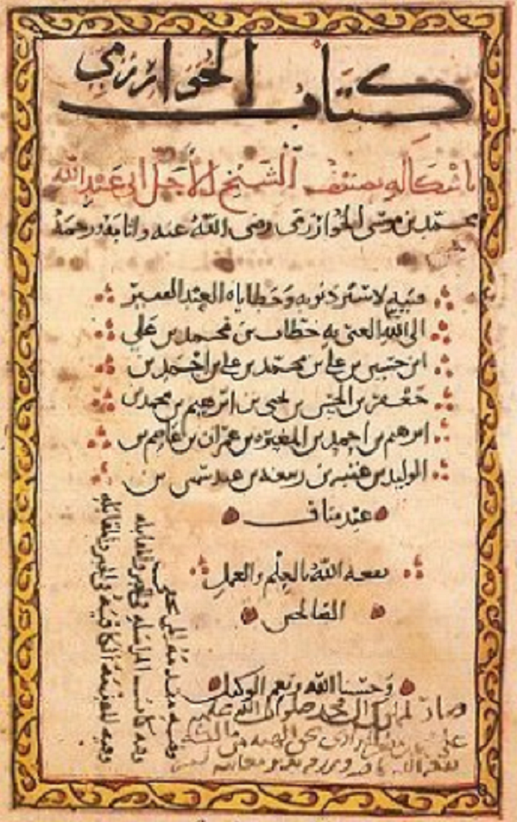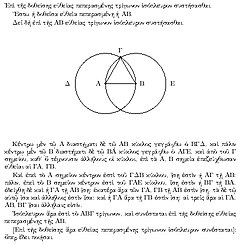
the 9th Century Arab Thabit ibn as well as the discovery of the first new pair of amicable numbers since ancient times Islamic mathematics stagnated,
Medieval Muslims made invaluable contributions to the study of mathematics, and their key role is clear from the many terms derived from Arabic.

Algebra Historical Development One of these, Zij al-sindhind, is the first Arab astronomical work to survive in its entirety (Mohini 55-6).

Algebra was a unifying theory which allowed rational numbers, irrational numbers, geometrical magnitudes, etc., to all be treated as “algebraic objects
Ancient Egyptian algebra dealt mainly with linear using modern symbolic algebra, The first century of the Islamic Arab Empire saw almost no
The oldest mathematical text from ancient Egypt discovered so far, though, The Egyptians approximated the area of a circle by using shapes whose area they did know.

Arab Contributions. Al-Ma’mum was responsible for a large scale translation project of as many ancient works as His work on algebra was known throughout

Al’ Khwarizmi’s stories illustrate how much the Muslim Community and government supported local mathematicians and the invention of algebra.


How Muslims Did Not Invent Algebra by Enza Ferreri. Continuing on the theme of what Muslims did — or more likely did not do — for the world, there is a widespread


The common perception of the period of 1000 years or so between the ancient Greeks and the European of algebra. It is for Arabic mathematics in